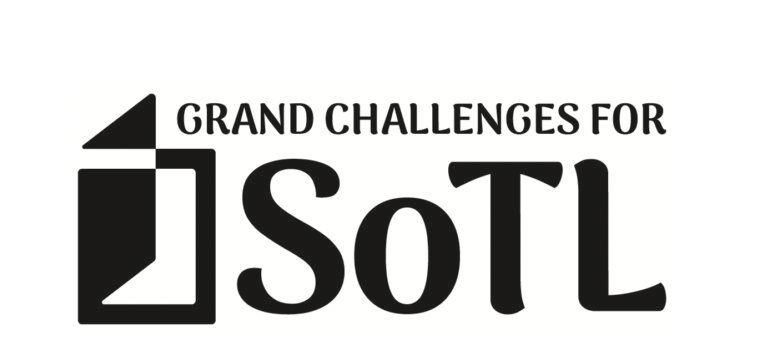Conjunctive adverbs (also called adverbial conjunctions) are commonly used as transitions to help sentences, ideas, and paragraphs flow.
Comparison
Implication/Function: how two or more ideas are similar
Examples: also, in the same way, likewise, similarly
Concession
Implication/Function: surrendering a point in an argument; admitting that it is true or correct
Examples: granted, naturally, of course
Addition
Implication/Function: adding information to an argument or point
Examples: again, also, and, besides, equally important, finally, first, further, furthermore, in addition, in the first place, last, moreover, next, second, still, too, additionally
Contrast
Implication/Function: how two or more ideas are different
Examples: although, and yet, at the same time, but at the same time, despite that, even so, even though, for all that, however, in contrast, in spite of, instead, nevertheless, notwithstanding, on the contrary, on the other hand, otherwise, regardless, still, though, yet
Emphasis
Implication/Function: giving prominence to something; stressing it
Examples: certainly, indeed, in fact, of course
Example or Illustration
Implication/Function: adding evidence to help support an argument or point
Examples: after all, as an illustration, even , for example, for instance, in conclusion, indeed, in fact, in other words, in short, it is true, of course, namely, specifically, that is, to illustrate, thus, truly
Summary
Implication/Function: briefly stating or restating the main points
Examples: all in all, altogether, as has been said, finally, in conclusion, in other words, in particular, in short, in simpler terms, in summary, on the whole, that is, therefore, to put it differently, to summarize
Time Sequence
Implication/Function: showing a progression of ideas or events over time
Examples: after a while, afterward, again, also, and then, as long as, at last, at length, at that time, before, besides, earlier, eventually, finally, formerly, further, furthermore, in addition, in the first place, in the past, last, lately, meanwhile, moreover, next, now, presently, second, shortly, simultaneously, since, so far, soon, still, subsequently, then, thereafter, too, until, until now, when





























